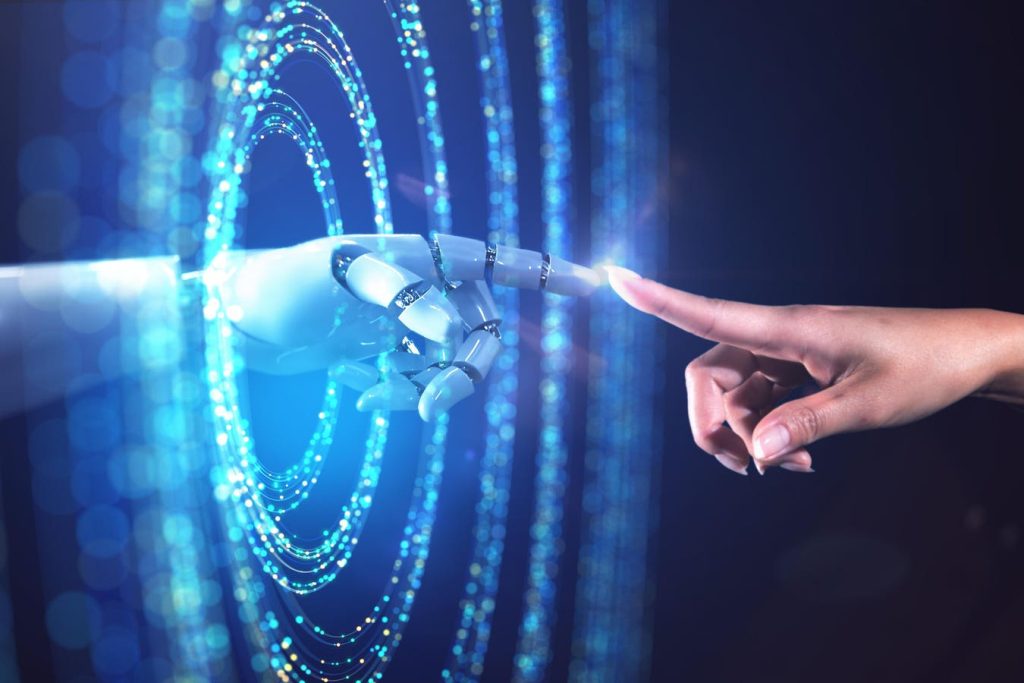As technology continues to advance at an exponential rate, the debate over the role of automation in society has become increasingly relevant. The question of whether there can be too much automation is a topic of much discussion, especially when it comes to the impact on human jobs and the economy. While automation has undoubtedly led to increased efficiency and productivity in many industries, there are concerns about the potential loss of jobs and economic inequality that could arise as a result.
One of the main arguments in favor of automation is the potential to increase productivity and efficiency. By utilizing robots and automated systems, tasks can be completed more quickly and accurately than if done manually by humans. This can lead to cost savings for companies and allow them to produce goods and services at a faster pace. In industries such as manufacturing, automation has enabled companies to streamline their production processes and meet consumer demand more effectively.
However, the flip side of increased automation is the potential for job displacement. As more tasks become automated, there is a risk of humans being replaced by machines in various industries. This can lead to job loss and economic insecurity for those workers who are no longer needed. In addition, there are concerns about the impact of automation on economic inequality, as those with the skills to work alongside robots may benefit while others struggle to find meaningful employment.
Another concern with the rise of automation is the potential for a loss of human connection in the workplace. While robots and AI systems can perform tasks efficiently, they lack the interpersonal skills and emotional intelligence that humans possess. This can lead to a lack of creativity and innovation in the workplace, as well as a decrease in overall job satisfaction among workers. Finding the right balance between automation and human labor is crucial to maintaining a healthy work environment.
Additionally, there are ethical considerations to take into account when it comes to the use of automation. As robots and AI systems become more advanced, there are concerns about the potential for misuse and abuse of these technologies. Issues such as privacy, security, and bias in decision-making algorithms are all important factors to consider when implementing automation in various industries. It is essential for companies and policymakers to establish guidelines and regulations to ensure that automation is used responsibly and ethically.
In conclusion, the debate over the role of automation in society is complex and multifaceted. While automation has the potential to increase efficiency and productivity, there are also concerns about job displacement, economic inequality, and the loss of human connection in the workplace. Finding the right balance between automation and human labor is crucial to ensure that society continues to progress while also upholding ethical standards. Ultimately, the key is to harness the power of automation in a way that benefits both businesses and workers, while also taking into account the broader societal impacts of these technologies.


